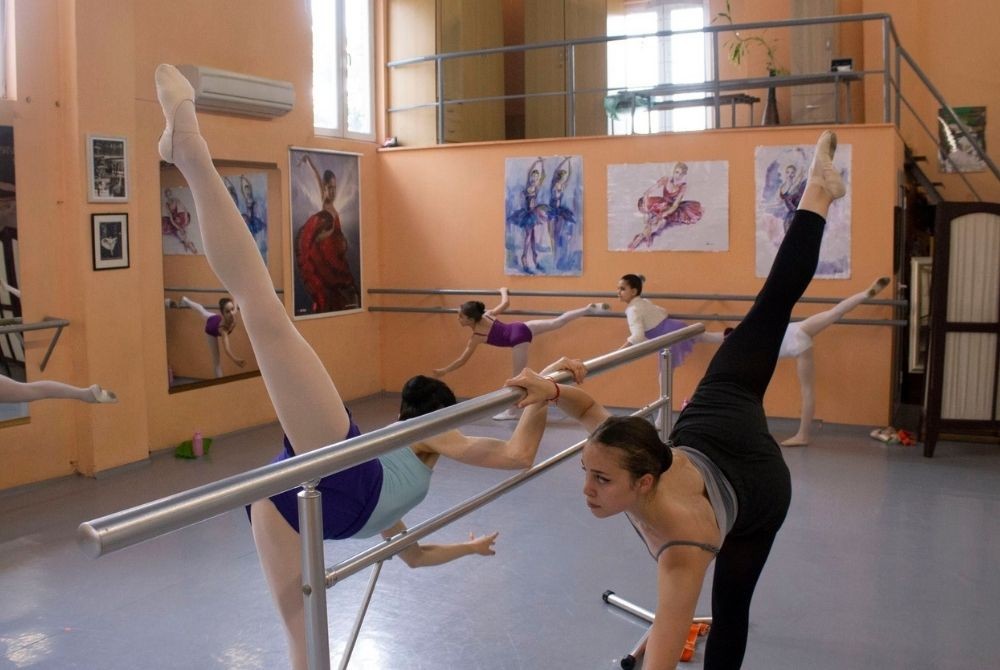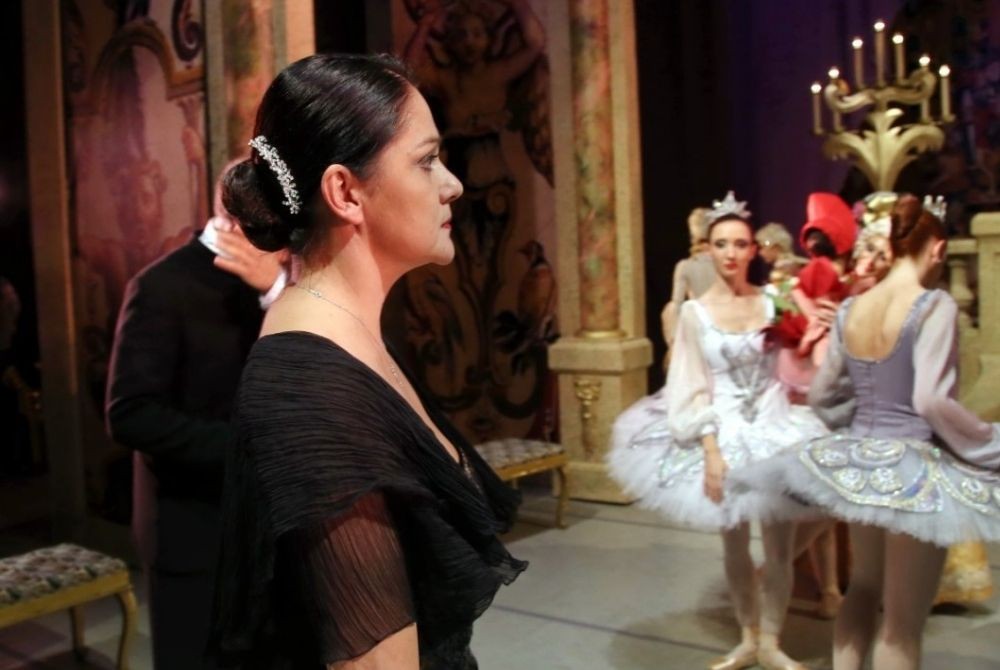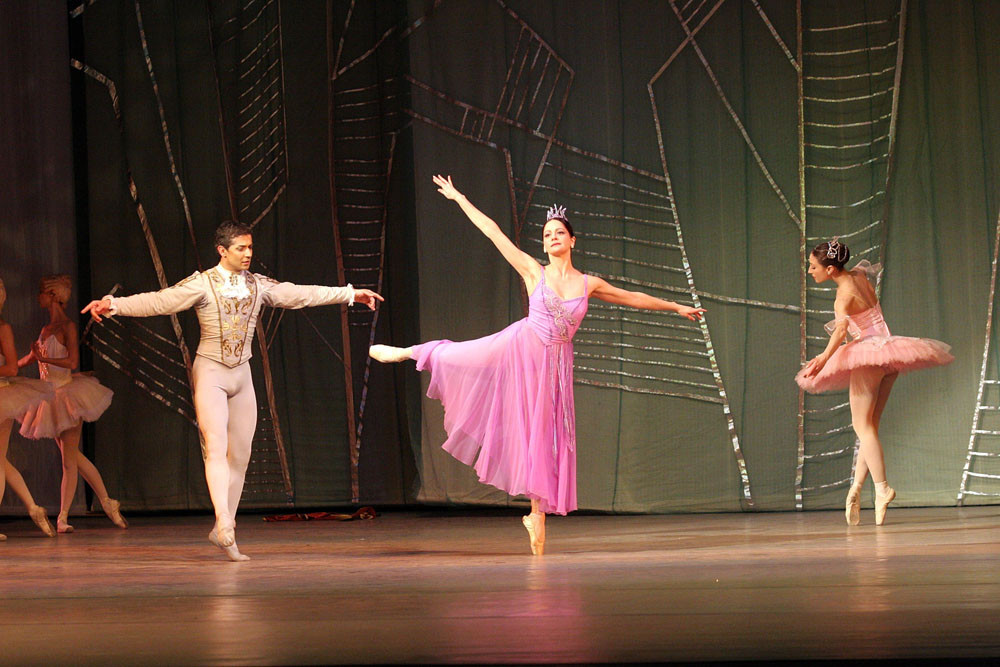Ballet dancer Masha Ilieva is marking her 40th professional anniversary on the stage of the Sofia Opera and Ballet on 11 and 12 February. She chose to celebrate it by staging Tchaikovsky’s Sleeping Beauty.
Ballet lovers know Masha Ilieva as the prima ballerina applauded for her Odette/Odile in Swan Lake, Giselle in the opera of the same name and many other roles in ballet. But she is also choreographer of a number of ballets staged by the Sofia Opera and Ballet. In recent years Masha has been teaching at the National Academy of Music. And for a quarter of a century she has headed the Masha Ilieva ballet school which is mostly for amateurs. Thanks to her efforts hundreds of children, university students, people of all ages and professions have been able to come in contact with the magic of ballet. She established the school at the Sredets house of culture in Sofia, and she holds some of her sessions there to this day.
“It really was a big challenge,” Masha Ilieva remembers. “We had children, pupils signing up, but also lots of people over the age of 18 – university students, doctors, lawyers… They wanted to know all about ballet and would absorb everything you need to know if you want to do ballet. And the most important thing of all is discipline – how to dress, how to do your hair, to be always on time, even if you are not feeling well, to be capable of overcoming any difficulty. That is true of professionals, but also of amateurs, otherwise it just won’t work.”

Masha Ilieva started learning personal discipline and a professional attitude to art at a very early age. Her mother is Russian, born in Leningrad, now Saint Petersburg, where she would watch ballet at the Mariinsky Theatre while still a child. She first signed her daughter up for rhythmic gymnastics, and only later – for piano and ballet lessons. At age 10, Masha was accepted at the National Dance Art School, and at 11 she was selected to continue at the Vaganova Academy in Saint Petersburg. Before she turned 18 she was a member of the company of the Sofia Opera and Ballet, and has been prima ballerina since 1990. For a while Masha Ilieva taught at the National Dance Arts School, and now she is concentrating on her work with the students from the National Academy of Music’s Vocal Faculty in music and performing arts.
“I teach two different subjects,” she explains. “One is ballet pedagogy, i.e. teaching the future ballet teachers. The other is for opera singing students – they need to learn to dance for their future stage performances. That was how my book “Historical dances” came into being. Working with the students is very interesting. And the best thing of all is that when they graduate, they come back and I help them if they need help. That means you can never be bored.”

Ballet master means teacher who works with ballet dancers to help them prepare for their performance. But it also means the person who stages the ballets. At the Sofia Opera, Masha has been doing both.
“I stage ballets, mostly for children. And I work every day with the dancers of the National Ballet. The work of the ballet instructor is rarely mentioned, it is very difficult to put a ballet together, to work with each individual performer, that too is rarely talked about.”

Ballet dancing is so much more than a way to improve your walking style or your body, it carries a much deeper meaning, Masha Ilieva says:
“It is no coincidence that aristocrats’ children played the piano and started learning to dance at an early age. Because music touches the human soul, and dancing brings harmony between body and soul. The art form you come in contact with at an early age is something you carry with you all your life.”
Photos: operasofia.bg, Masha Ilieva Ballet School
Iconographer and educator - these two words naturally come to mind when we seek to bring back from the depths of history an artist who began his artistic journey in the first years after Bulgaria's liberation from Ottoman rule in 1878. Milyo Marinov..
We are used to "news stories" on our social profiles about the seven huge oil portraits of Bulgarian opera singers at La Scala or about the first Bulgarian concertmaster at the Vienna Philharmonic's New Year's concert. But sometimes we leave important..
"Before I invented the "Trapeze of Death", I was known as Lazar Dobrich, that's the name they used on posters and programmes. The Señor of World Circus Art will always be remembered for the most risky act in the ring - the Trapeze of Death, with a..

+359 2 9336 661
